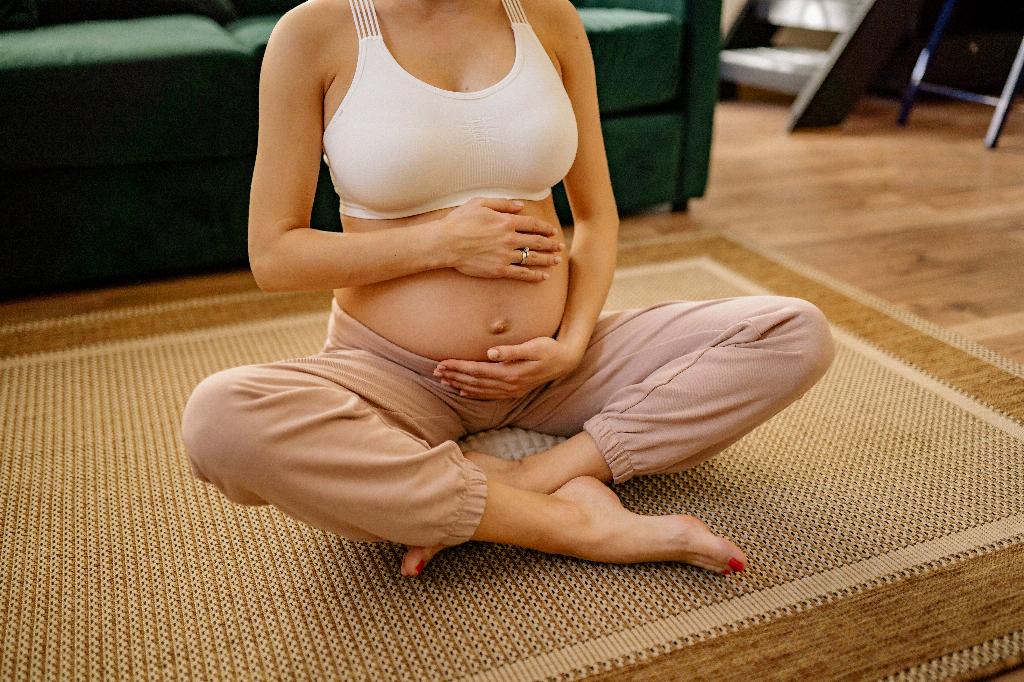If you are trying to determine when you conceived based on your ovulation date, it’s important to have a clear understanding of how ovulation and conception are connected. Ovulation is the process in which a mature egg is released from the ovary and is available for fertilization. This usually occurs approximately two weeks after the start of your menstrual period.
Timing is Key
Timing plays a crucial role in conceiving based on ovulation date. Ovulation typically lasts for two to three days, and during this time, the egg is available to be fertilized by sperm. This means that if you can pinpoint the exact date of ovulation, you can estimate when conception likely occurred.
Calculating Ovulation Date
To determine when you conceived based on your ovulation date, start by recalling the date of your last menstrual period. Ovulation usually takes place around two weeks after this date. By adding approximately two weeks to the first day of your last period, you can get an idea of when ovulation occurred.
Factors Influencing Ovulation
It’s essential to note that various factors can influence the timing of ovulation in each menstrual cycle. Stress, illness, and hormonal imbalances can all impact the regularity of your ovulation cycle, making it challenging to pinpoint the exact date of conception based solely on ovulation.
Signs of Ovulation
Knowing the signs of ovulation can also help you determine when you might have conceived. Some common symptoms of ovulation include changes in cervical mucus, a slight increase in basal body temperature, and abdominal discomfort. Keeping track of these signs can provide clues about the timing of ovulation.
Using Ovulation Prediction Kits
If you are actively trying to conceive and want a more precise understanding of your ovulation date, you can use ovulation prediction kits. These kits detect the surge in luteinizing hormone that occurs just before ovulation, helping you pinpoint the most fertile days in your cycle.
Consulting with a Healthcare Provider
If you are struggling to determine when you conceived based on your ovulation date, or if you have irregular menstrual cycles, it’s advisable to consult with a healthcare provider. They can perform tests to assess your hormone levels and help you understand your ovulation patterns better.
Keeping a Menstrual Calendar
One useful tool for tracking your ovulation and menstrual cycles is keeping a menstrual calendar. By recording the start and end dates of your periods, as well as any symptoms of ovulation you experience, you can create a more comprehensive picture of your fertility window.
Factors Affecting Conception
It’s essential to recognize that conception also depends on factors beyond ovulation timing. Sperm can survive in the female reproductive tract for several days, so intercourse that takes place before ovulation can also lead to conception. Understanding these factors can provide a more nuanced view of when conception may have occurred.
Conclusion
In conclusion, determining when you conceived based on your ovulation date involves a combination of understanding your menstrual cycle, tracking ovulation signs, and considering additional factors that influence conception. By staying informed and seeking guidance from healthcare professionals when needed, you can gain a better insight into the timing of conception in relation to ovulation.
Final Thoughts
Remember that every woman’s body is different, and ovulation patterns can vary from one cycle to the next. Keeping a record of your menstrual history, paying attention to ovulation signs, and seeking advice from healthcare providers are valuable steps in understanding when you may have conceived based on your ovulation date.

